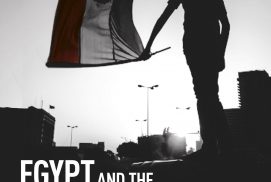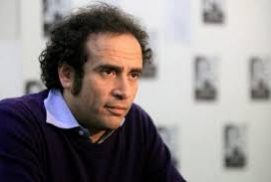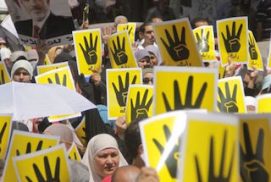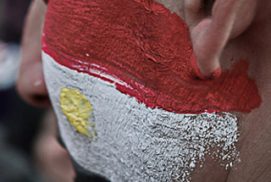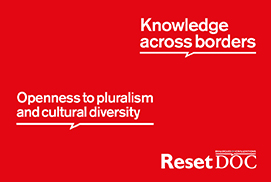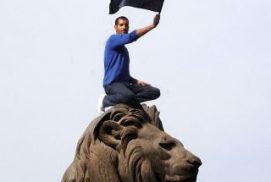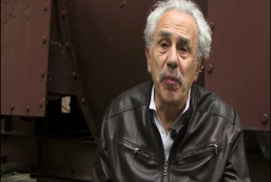Shortly after the celebrations of the Egyptian popular uprisings’ second anniversary, the announcement of the verdict of the death penalty for 21 thugs and Green Eagles, supporters of the al-Masry football club, led to harsh reactions in Port Said. They were charged for armed murders, robbery, intimidation and of having planned the 2012 massacre of the al-Ahly supporters. Tens of people were killed, clashes broke out between relatives of the people sentenced and the police and the Port Said prison was besieged. However, among the people sentenced there were no police officers. Henceforth the Egyptian Courts have been very indulgent with policemen, including the six officials from the Interior Ministry, accused of having ordered to shut out demonstrators during the 2011 upheaval.


